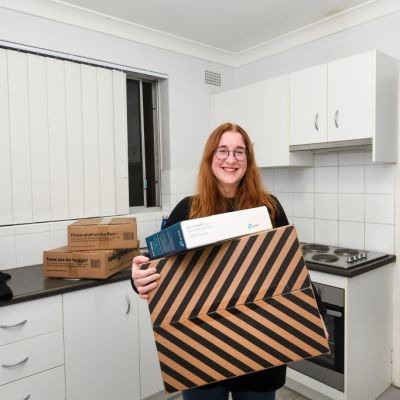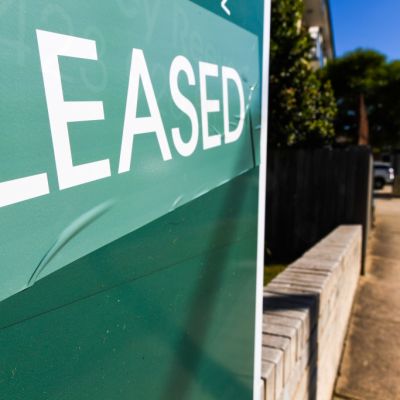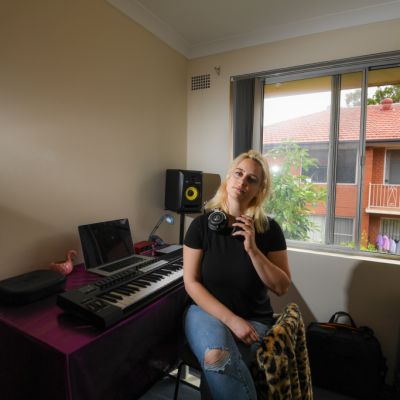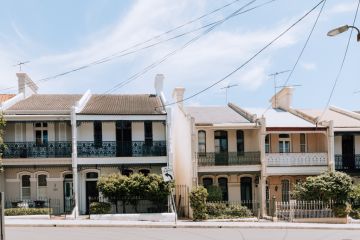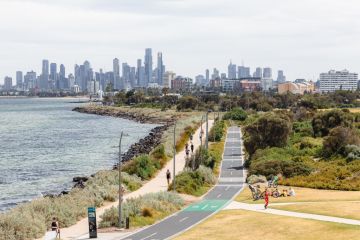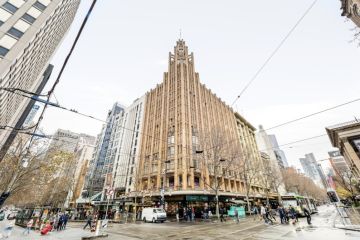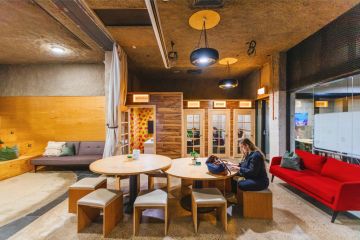One-bedroom unit rents take biggest hit during COVID-19 downturn, new data shows
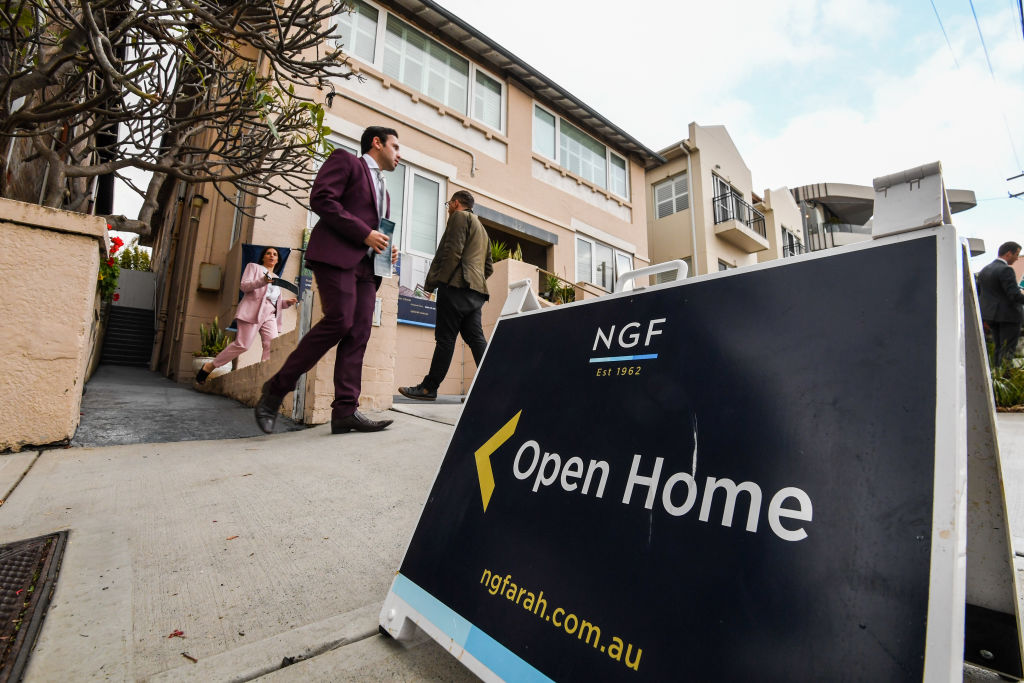
The dearth of foreign students, tourists and international migration and younger Australians’ move to end their leases to return to their childhood homes have seen the smallest apartments take the biggest rental hit, new data shows.
Asking rents for one-bedroom units in the country’s biggest two cities have borne the brunt of the COVID-19 pandemic’s toll on property, recording some of the steepest quarterly declines.
The cost of renting a one-bedroom Sydney apartment declined 6.1 per cent over the past three months ending in June to a median of $460 per week, new figures reveal.
In Melbourne, the cost of renting a one-bedroom apartment declined 5.3 per cent over the same period to $360 a week.
It comes as median weekly asking rents around the country either declined or remained stable over the June quarter, according to the latest Domain Rent Report.
Median weekly house rents
| 2-bedrooms | 3-bedrooms | 4-bedrooms | |
| Sydney | $430 | $500 | $600 |
| Melbourne | $440 | $420 | $450 |
| Brisbane | $330 | $385 | $440 |
| Perth | $350 | $350 | $410 |
| Adelaide | $355 | $380 | $450 |
| Canberra | $450 | $550 | $650 |
| Darwin | $350 | $420 | $525 |
| Hobart | $390 | $450 | $550 |
| Source: Domain | |||
But Domain senior research analyst Nicola Powell said asking rents for bigger homes had been maintained during this tumultuous time.
“It does highlight how house rents have held up compared to units. We’ve got a two-speed market,” Dr Powell said. “It’s those one-bedders that have felt the brunt of the rent declines.”
She said the combination in the drop of foreign student numbers, overseas migration and tourism had all played a part in the rental decline for one-bedroom apartments.
Younger tenants returning to their parents’ home or an increase in share houses were other reasons prices for bigger homes were steady.
“What we’ve seen is a consolidation of homes. These tenants can no longer afford living on their own. People are reverting back to house shares. That’s perhaps putting demand on the housing market.”
Hobart one-bedroom units suffered the steepest quarterly drop of 10.3 per cent, taking the median asking rent to $305 a week, which Dr Powell attributed to the city’s exposure to tourism that had dramatically dropped off.
However in Melbourne, renting a three-bedroom house ($420) was cheaper than renting a two-bedroom house ($440).
Many families could justify upgrading to bigger homes, Dr Powell said, even if it meant relocating further away from the CBD thanks to the prospect of working from home now.
“For some it becomes a matter of choice,” she said, adding that there could be a shift in rental preferences.
Median weekly unit rents
| City | 1-bedrooms | 2-bedrooms | 3-bedrooms | 4-bedrooms |
| Sydney | $460 | $520 | $695 | $750 |
| Melbourne | $360 | $450 | $520 | $600 |
| Brisbane | $340 | $400 | $400 | $420 |
| Perth | $275 | $320 | $350 | $430 |
| Adelaide | $300 | $320 | $380 | – |
| Canberra | $425 | $500 | $580 | $640 |
| Darwin | $265 | $350 | $450 | – |
| Hobart | $305 | $390 | $520 | – |
| Source: Domain | ||||
LJ Hooker head of property management Amy Sanderson said while higher priced rental properties remained vacant on the market for longer, tenants were making the move to bigger homes for different reasons now.
“It’s definitely more affordable. Everyone’s economics has changed and everyone’s reason for where they want to be has changed,” Ms Sanderson said.
In Perth, the cost of renting a three-bedroom house at $350 per week is now on par with a two-bedroom house.
Similarly in Brisbane, renting a two-bedroom and three-bedroom unit is on par at $400 per week each.
“[We have seen] people who have said they can get that extra bedroom and it’s not as big a jump.”
Meanwhile, it is cheaper to rent a two-bedroom house in Melbourne ($440), Brisbane ($330), and Canberra ($450) than renting a two-bedroom unit in each of those cities at $450, $400, and $500, respectively.
Ray White Group property management chief executive Emily Sims said many people were moving for affordability but also value for money.
“One-bedrooms are suffering and the price bracket has come down and it’s become better value to have two-bedrooms,” Ms Sims said. “But also the working from home piece as well … you have that time and you don’t have to pay for your travel.
“Two-bedrooms are outrunning one-bedrooms because they’re better value … why wouldn’t you upgrade?”
She said tenants who had survived the downturn in the past quarter were upgrading as a result while some others were moving out of share houses into their own one-bedroom apartment.
“There’s a lot of people moving house. We’re leasing houses and if the property is priced right, they’re leasing.
“High vacancies are only happening because the price hasn’t met the market yet.”
We recommend
We thought you might like
States
Capital Cities
Capital Cities - Rentals
Popular Areas
Allhomes
More
